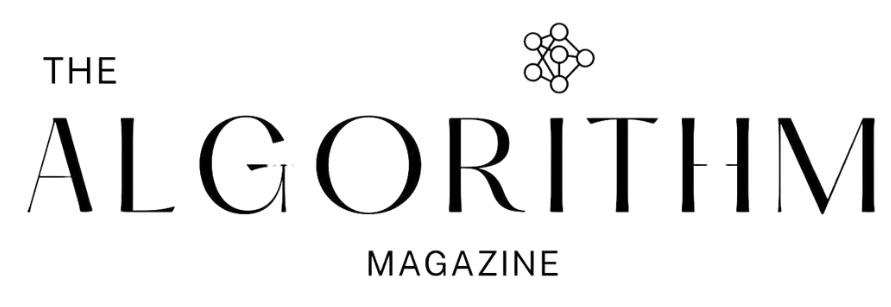In a historic move, the United States and the United Kingdom have come together to address a pressing issue in artificial intelligence (AI). The recent agreement, as reported by Time, signifies a crucial step towards safeguarding individuals’ names, images, and likeness in commerce. This development marks a significant milestone in the ongoing dialogue on AI ethics and regulation.
As highlighted in the agreement, the proliferation of AI technology has raised concerns about potentially misusing individuals’ data in fake videos. These sophisticated manipulations can fabricate realistic scenarios using a person’s likeness, posing severe threats to their reputation, privacy, and autonomy.
In response to these challenges, the joint effort by the US and UK aims to establish comprehensive protections against the unauthorized use of individuals’ identities in commercial contexts. This initiative underscores the importance of preserving truth and integrity in an increasingly digitized world where AI capabilities advance rapidly.
In a statement regarding the landmark agreement, Zhe Scott emphasizes the significance of such measures in safeguarding individuals’ rights and dignity. “I applaud the US and UK for finally acting on this vital issue,” Zhe Scott states. “With the prevalence of deep fake videos, truth and integrity are at stake when AI can run amok in society. We need protection from people’s voices and images being used to promote things that they do not support or being made into porn. These protections are necessary.“

Indeed, ensuring robust safeguards becomes imperative as AI technologies become more integrated into various aspects of daily life. By addressing the risks associated with the misuse of individuals’ identities, this agreement sets a precedent for global collaboration in navigating the ethical complexities of AI.
Moving forward, it is essential to continue fostering international cooperation and implementing robust regulatory frameworks to mitigate the potential harms of AI while maximizing its benefits for society. Through concerted efforts and proactive measures, we can strive towards a future where technology serves as a force for good, safeguarding the rights and dignity of individuals worldwide.

